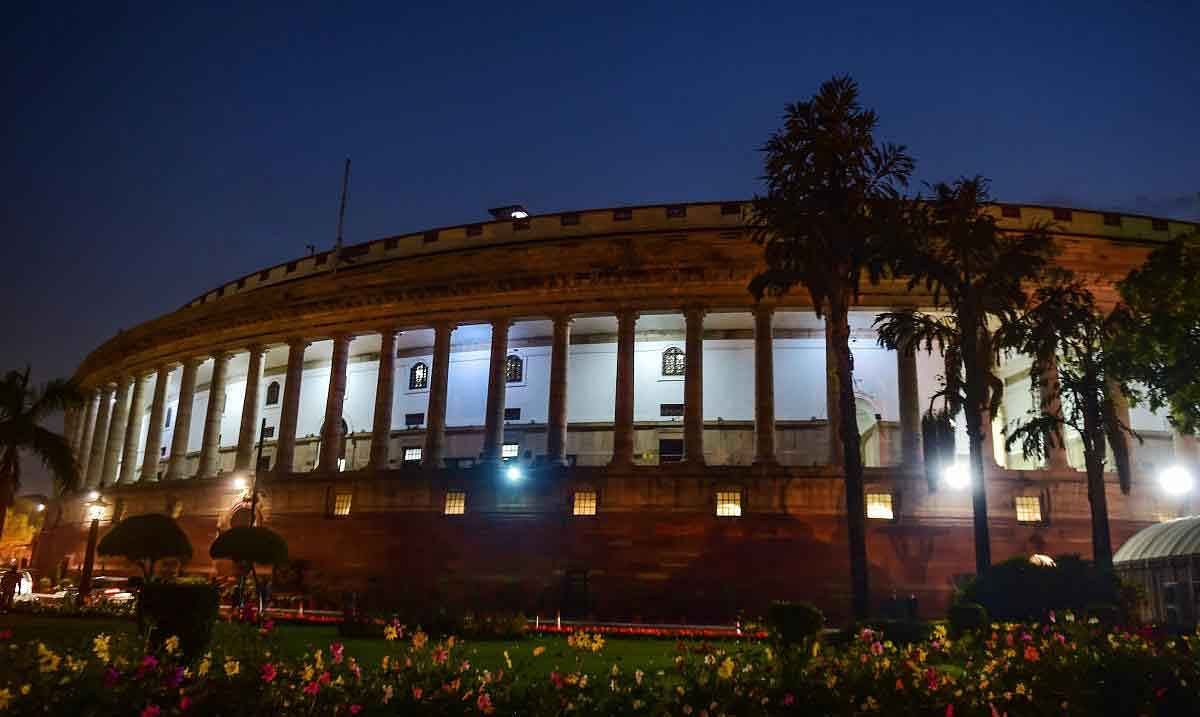With the results of the 2019 Lok Sabha Polls announced on May 23rd, the incumbent Lok Sabha was dissolved to make way for its successor. On Thursday, May 30, Narendra Modi, Prime Minister-elect, will be taking oath in the Rashtrapati Bhavan along with his Council of Ministers to form the 17th Lok Sabha. Here's what to expect in the first session:
When does the first session of the Lok Sabha begin and who decides it?
The 17th Lok Sabha will commence its first session in the first week of June. The exact date of the first session and the schedule of key events including the date of President’s address is decided by the Cabinet Committee on Parliamentary Affairs. This Committee will be set up after the swearing in of the Council of Ministers.
Who presides over the first session?
Every proceeding of the House is presided by a Speaker. The Office of the Speaker becomes vacant immediately before the first meeting of the Lok Sabha. A temporary speaker, known as the pro-tem Speaker, is chosen from among the newly elected MPs to counter this issue. The pro-tem Speaker administers the oath to the newly elected members and also presides over the sitting in which the new Speaker is elected.
How is the pro-tem speaker chosen?
Once the new government is elected, a list containing the names of the senior-most members of the House is prepared. The seniority is decided by total tenure as a member of either House in Parliament. The Prime Minister identifies a Member from the list who acts as the pro-tem Speaker.
How is the Speaker chosen?
Any member of the House may give a motion to elect another Member as the Speaker. After that, the motions are voted upon by the House. Once the result is announced, the new Speaker is felicitated by the leader of all parties and then takes over the proceedings of the House.
What is the role of the Speaker?
The Speaker is responsible for regulating discussions and maintaining order in the House. The Speaker can suspend a sitting member for obstructing the business of the House or adjourn the House in case of major disorder.
The Speaker is also the chair of the Business Advisory Committee, which is responsible for deciding the business of the House and allocating time for the same. The Speaker also chairs the General Purposes Committee and the Rules Committee of the Lok Sabha and appoints the chairpersons of other committees amongst the members.
What constraints does the Speaker have?
Since the Speaker represents the entire House, the office of the Speaker is vested with impartiality and independence. The Constitution and the Rules of Procedure have prescribed guidelines for the Speaker’s office to ensure such impartiality and independence. As per Article 100 of the Constitution, the Speaker does not exercise a vote on any matter being voted upon, in the first instance. However, in case there’s a tie during the voting, the Speaker acts as a tie-breaker.
What does the President’s Address entail?
The election of the Speaker is followed by the President’s Address. Article 87 of the Constitution requires the President to address both Houses at the beginning of the first session after each general election. The President also addresses both the Houses at the beginning of the first session of each year. The President’s address highlights the initiatives of the government from the previous year and mentions the policy priorities for the upcoming year.
After the address, the ruling party moves a Motion of Thanks to the President’s address in both Houses. In the Motion of Thanks, MPs may move amendments to the motion, which are then put to vote.
